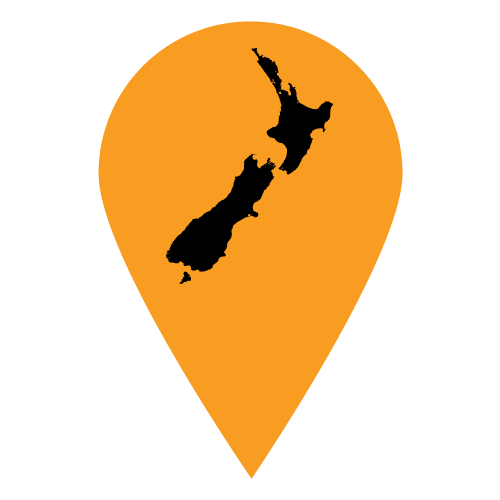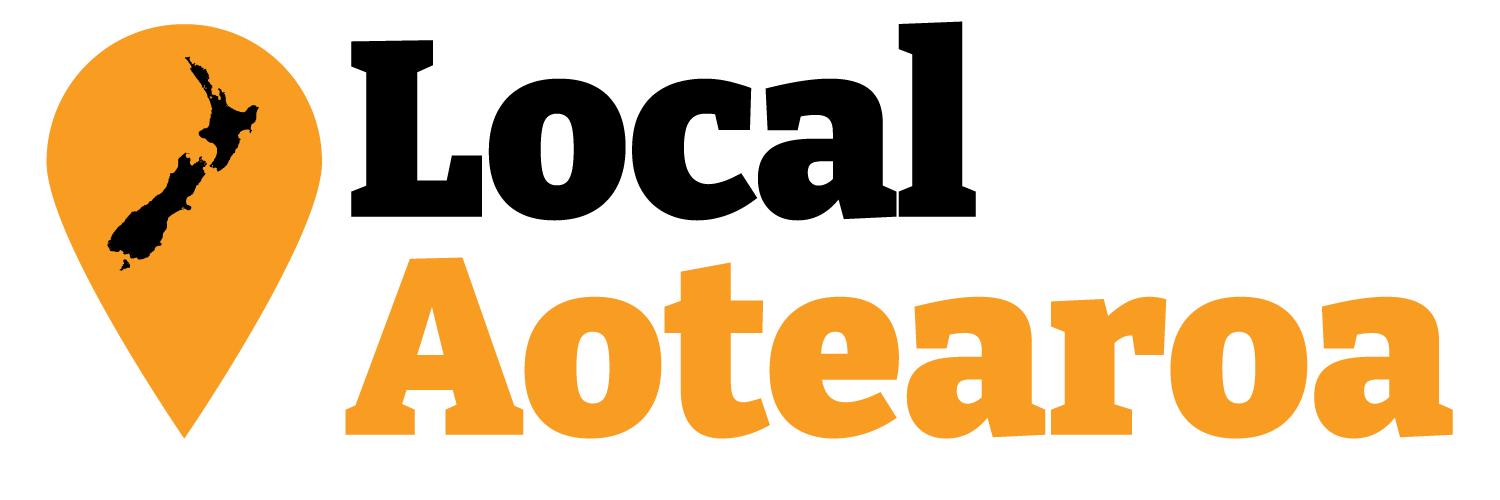Greater Wellington defies Ombudsman by continuing to hold workshops in secret
An AI-generated image of a group of spies gathered around top secret documents.
Greater Wellington Regional Council is refusing to open up its councillor workshops to the public, despite the Ombudsman’s clear recommendation in October 2023 that councils should take an “open by default” approach to such workshops in order to better promote transparency and trust in council processes.
In response to a complaint about Greater Wellington Regional Council’s (GWRC) policy of closing their workshops to the public, GWRC’s CEO Nigel Corry responded that the council had recently undertaken a review of its workshop practice, and cited their decision to publish council and committee workshop agendas on their website as providing “proactive and transparent information to the public on the matters covered in workshops.”
Corry then went on to state that “no additional changes to Greater Wellington’s workshop practice are planned at this time.”
GWRC’s current stance on holding all workshops in secret is stated on their website, saying “Workshops are not open to the public” and directing members of the public to request workshop material under the Local Government Official Information and Meetings Act 1987.
GWRC’s stance not only flies in the face of the Ombudsman’s “Open for business” report where the Ombudsman clearly stated that councils should “adopt a principle of openness by default for all workshops (and briefings, forums etc)”, but is also at odds with other councils which have been opening up their workshops to the public in response to the Ombudsman’s recommendations.
Auckland Council (including several of its local boards), Porirua City Council, Dunedin City Council, and New Plymouth City Council have all either opened up, or are in the process of opening up, previously secret workshops for the public to attend and watch, though not participate in. Others, such as Hamilton City Council, operated a practice of having all or most of their workshops public even before the Ombudsman’s report was issued, and Wellington City Council livestreams most of their workshops and briefings as a matter of practice.
With public trust in local government sitting at a dismal 45 percent, sitting below the public service at 56 percent, it’s little wonder that the Ombudsman made a strong case for the open by default approach. Specifically the Ombudsman argued that “Transparency supports accountability, encourages high performance and increases public confidence. People may not always agree with council’s decisions but a transparent process allows them to understand a council’s reasoning, and can mitigate any suspicions of impropriety in the decision making process. Even a perception of secrecy can be damaging, as secrecy breeds suspicion.”
Along with this being a topic that I’ve been a passionate advocate about, opening up workshops has been supported by academics such as Victoria University’s Dr Dean Knight.
In response to GWRC’s refusal to open up their public workshops, a complaint has now been made to the Ombudsman.





